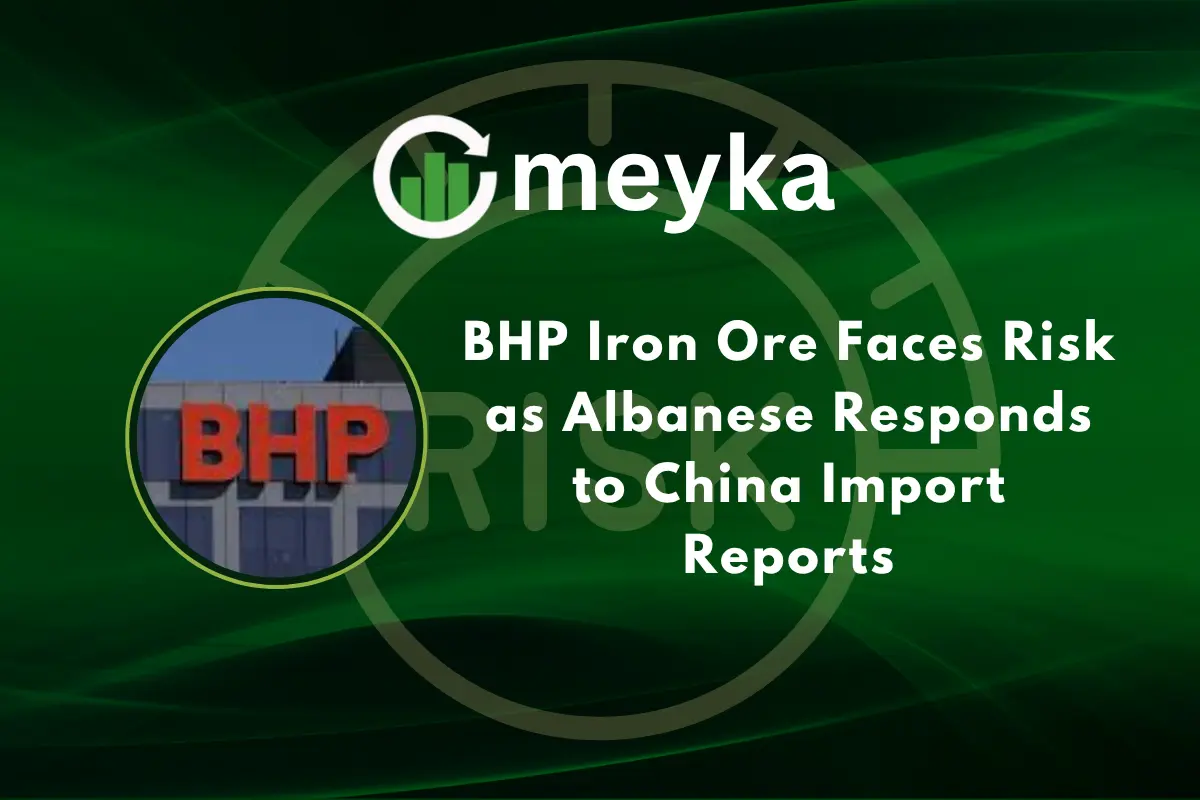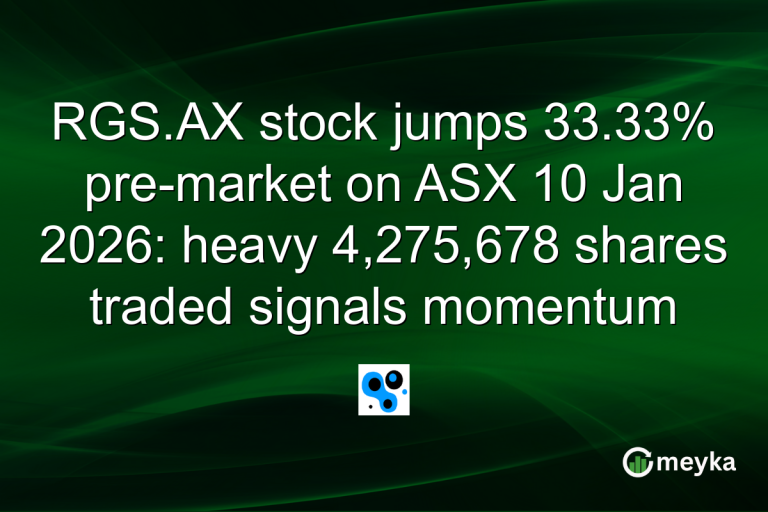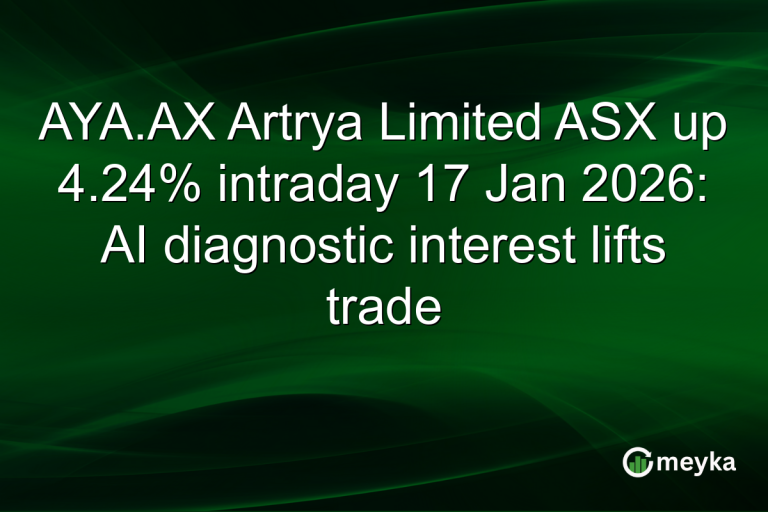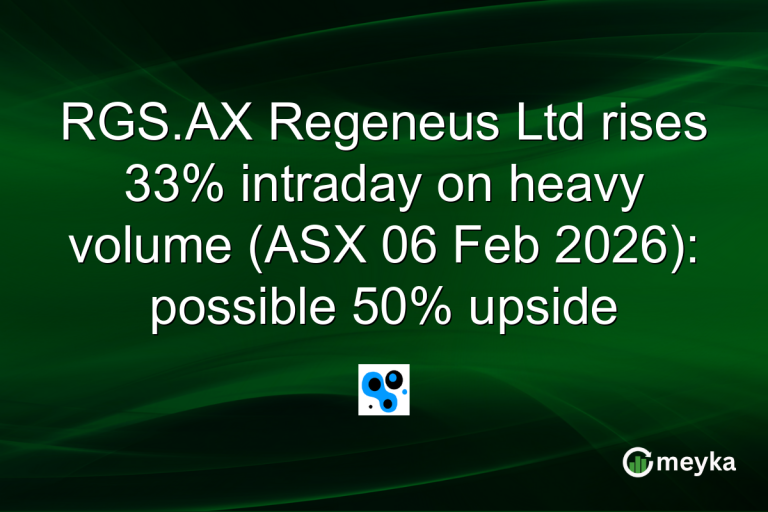BHP Iron Ore Faces Risk as Albanese Responds to China Import Reports
Australia’s iron ore trade is back in the spotlight. On September 30, 2025, reports from China hinted at possible changes in its iron ore import plans. For us, this matters a lot. Why? Because iron ore is not just another export. It is Australia’s single biggest money earner, and China is the top buyer.
Continue Reading on Meyka
This article is available in full on our main platform. Get access to complete analysis, stock insights, and more.
Read Full Article →





